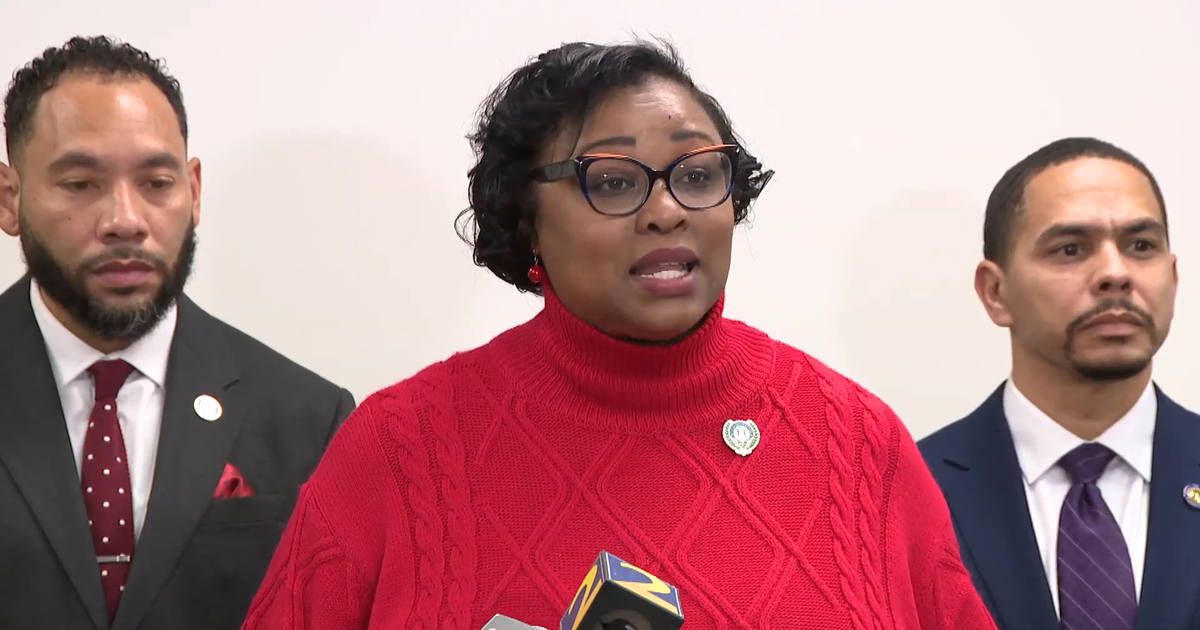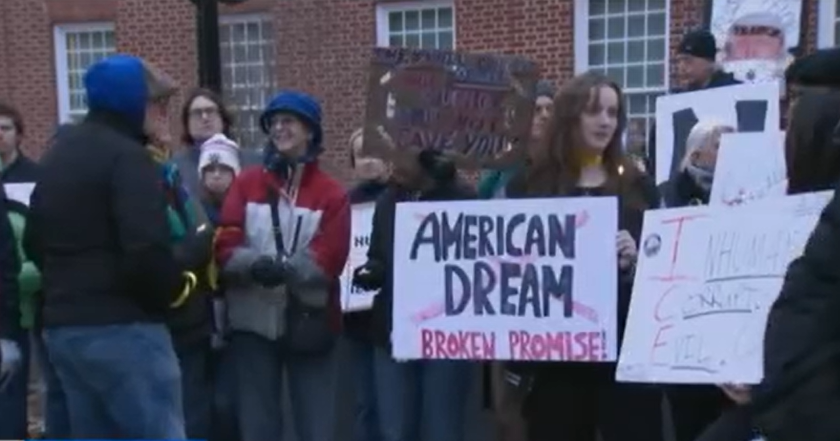Senate Race, Immigration Split Texas GOP Meeting
FORT WORTH (AP) – The Texas Republican Convention began with a chorus of boos, long and loud, for Gov. Rick Perry -- a former Republican presidential candidate and the longest-serving governor in state history. It ended with two opponents for the GOP's U.S. Senate nomination slugging it out in dueling floor speeches.
So much for party unity.
Republicans have dominated Texas politics so completely in recent years that a Democrat hasn't won statewide office since 1994. But members of the GOP were often at odds during their three-day convention in Fort Worth, an unexpected blemish on a state party that others consider a model.
"All conservatives look at Texas, and we marvel," U.S. Sen. Ron Johnson, R-Wisconsin, said in a keynote address at Friday night's $200 per-plate convention gala dinner. "What you've been able to accomplish here is remarkable."
Perhaps, but the success hasn't come without strife. The convention's main fight centered on the race to replace retiring U.S. Sen. Kay Bailey Hutchison. Tea party darling Ted Cruz and mainstream Republican favorite David Dewhurst are headed to a July 31 runoff, with the winner almost certain to prevail in November's general election.
Cruz is a fiery former state solicitor general who excites grassroots groups, while Dewhurst has held the powerful position of lieutenant governor since 2003 and worked closely with the Texas GOP establishment for years.
Perry's endorsement of Dewhurst sparked the boos Thursday, and the candidates traded barbs in speeches closing the convention Saturday, with Cruz saying he was more of a fighter who could stand up to Washington and Dewhurst decrying special interests -- a shot at Cruz's tea party support.
But there were other divisions. Ron Paul supporters chaffed at calls to close ranks around former Massachusetts Gov. Mitt Romney's presidential bid, and ultimately successful efforts to soften the state party's stance on immigration sparked debate that stretched until almost midnight Friday.
The party's 2012 platform sanctions a guest worker program, while conceding there are about "11 million undocumented individuals in the United States today" and mass deportation "would be neither equitable nor practical."
Some delegates objected that the new language was "ambiguous at best, liberal at worst," but others hope it will draw Hispanic voters, who often agree with the GOP on issues such as opposition to abortion but have been turned off by its hardline stances on immigration and U.S.-Mexico border issues.
Texas Land Commissioner Jerry Patterson tried to bridge the divide, assuring delegates he's no softy on border issues but nonetheless fervently supports a temporary worker program since America's immigration system is broken.
The Texas Democratic Party dismissed the GOP platform's new provisions as creating "a permanent underclass for immigrants."
"Republicans believe that immigrants can work in our fields but not live our neighborhoods," party spokeswoman Rebecca Acuna said in a statement. "Republicans think working immigrants should permanently hold second-class status."
But supporters said the platform would make Texas a leader nationwide on commonsense immigration policy. It softens the traditional stance in other ways, too, encouraging bilingual education as non-English-speaking students transition to English within three years. The previous platform called for ending all bilingual education after three years.
Yet the 2012 platform hammered out at the Fort Worth Convention Center still includes many traditional policies, including limiting citizenship to children of U.S. citizens, instead of granting it to all babies born on American soil, and encouraging public schools not to allow the children of illegal immigrants to enroll. It backs voter ID laws, calls for abolishing the Internal Revenue Service and urges passage of "constitutional carry" legislation, which would allow concealed firearms to be carried without restriction.
Immigration aside, most of the platform passed with little fanfare. And many delegates said a healthy dose of disagreement on important issues was good.
"Remember this passion as we go to vote and head toward November," party chairman Steve Munisteri, of Houston, said as he closed the convention.
Johnson, who so was so enamored with Texas Republicans in his gala address, later acknowledged party divisions, but said they could easily be overcome.
"I understand that some tea party members might get on the nerves of some establishment Republicans, but it is so vitally important that we cooperate and work together," he said. "We may be divided on the smaller issues, but we are absolutely united on the larger ones."
(Copyright 2012 by The Associated Press. All Rights Reserved.)







